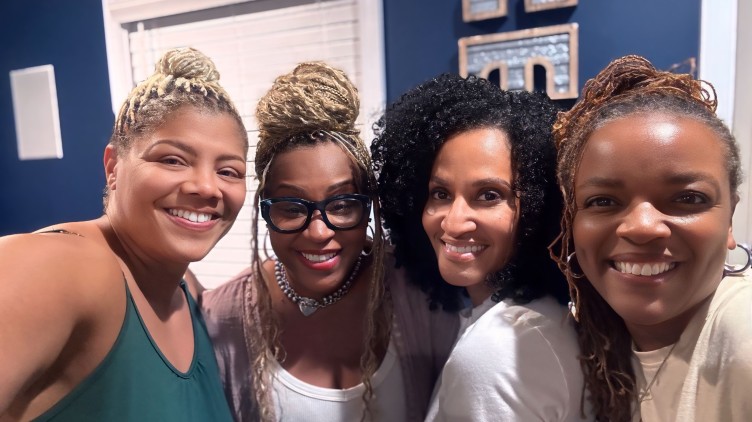When you mend the deepest wound, you heal the body.
I wrote this quote five years ago and have been repeating it to leaders all over the world ever since. In the workplace, it means that when we improve the employee experience for those facing the most significant headwinds, we improve the experience for all. People who’ve been relegated to the margins see and feel what’s “broken” in a system first and most—because they have fewer guardians and less air cover. They are the most exposed.
In some of the U.S.-based organizations I’ve worked with, Black women are having the most difficult workplace experiences. As has been reported elsewhere, their struggles have little to do with competence or ambition. Instead, our survey data shows they are less trusted, more scrutinized, seldom sponsored, and more likely to feel they must prove themselves repeatedly for opportunities others are given based on potential. They also receive less growth-oriented feedback and feel more responsible for the well-being and success of their in-group, which leads to extra (and unpaid) labor.
If you were to observe your workplace as a body, and Black women’s cumulative experiences represented the deepest wound, you might see Black women as bees in a hive—circling to inform, support, guide, and protect each other. You would also see, oblivious to the flurry of activity, medicine being administered to the most visible, shallow, and easily remedied places first: the scratches. The surface burns.
Mending the deepest wound takes more time. It requires careful assessment and some experimentation. Often, multiple healing agents. You can’t mend deep wounds with topicals. You must have the courage to know what’s truly causing “dis-ease” in the body and be intentional about diagnosing and treating it.
This is the nature of my work with The Waymakers Change Group. We partner with leaders who have the courage to know, assess the wounds, diagnose the dis-ease, and collaborate on a treatment plan. It’s not easy, but it is simple. Beyond the world of work, mending the deepest wound is neither.
In the spirit of being before the world, I’ve been thinking a lot about self-healing. This looks like not relying so heavily on external forces to approve of me or give me peace or validate my vision, my talents, or my potential.
A few days ago, I announced my Q4 plan to randomly select five “sister circles” of up to twenty women each, then host virtual conversations about my forthcoming book. I shared that we would discuss its themes—childhood rejection, divorce, parenting challenges, entrepreneurial lessons, money matters, and more—and I also promised each attendee an advanced read.
I originally wanted to tap into circles that already exist—intact groups who’ve been doing life together for some time. In my mind, intact groups would jump in faster and feel safe enough, be vulnerable enough, to learn and grow together.
Interestingly, while I received several intact sister circle requests for consideration, I’ve received more requests from individuals wanting to join a circle curated by me. I hadn’t planned on curating circles, but within one hour of posting, I had dozens of messages from women who were asking to be included in a circle of my making.
It could be that I wasn’t clear enough about the criteria, but I believe it was more than that. I think women want to explore their barriers to personal freedom with others who share their story. They’re seeking community with other helpers, along with insights and perspective and encouragement. I’m humbled that they trust me to walk them into unknown spaces with yet unknown people to explore deeply felt experiences.
Now, my team and I are brainstorming reasonable ways to accommodate everyone who expressed interest. Being before the world doesn’t have to be a solo journey. We can be before the world together. We can support each other as we learn to keep our wounds from overtaking our bodies and our lives. Your healing serves as inspiration for others who are striving to do the same.
There are practical and emotional things we absolutely need from colleagues, bosses, spouses, family, friends, and professionals. But some things we can give to ourselves, and as we do, we can give them to each other: compassion, acceptance, love, permission, assurance, forgiveness, grace, and trust. That’s what true sisterhood is. A mirror that reflects the best of us.
We are the medicine.
Tara Jaye Frank
